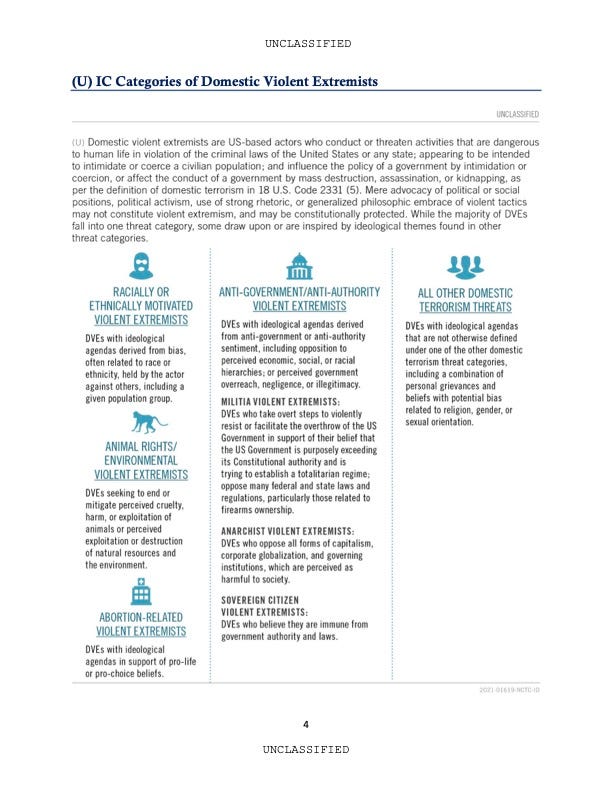Today I'm processing one of the books I borrowed this summer via Interlibrary Loan, called The Other Founders: Anti-Federalism & the Dissenting Tradition in America, 1788-1828 by Saul Cornell. As I was writing background notes from the introduction, I was struck by the resonance the ideas in this history seemed to have with the present. The Anti-Federalists were people who objected to the ratification of the US Constitution and later to the Federalist Party that ran the United States from 1789 to 1800 under Presidents George Washington and John Adams.
One of the things that makes the Anti-Federalists difficult to understand is that as an opposition movement, they were not as unified and explicit in their beliefs as the Federalists. During the argument over Constitutional ratification, some of the Federalists' opponents thought the document was too strong and others thought it was too weak. Some people thought its main flaw was that it lacked a Bill of Rights. Others objected to a standing army and the likelihood of greater taxation. While the people who feared growth of a hereditary aristocracy may have also been advocates of greater autonomy for the states, the resistance was largely a coalition. Over 150 pamphlets or broadsheets were printed opposing ratification were reprinted and 10% were reprinted more than ten times. Some of the most widespread were "Hon. Mr. Gerry's Objections to Signing the National Constitution", Samuel Bryan's first and second "Centinel" essays, George Mason's "Objections to the Constitution", Richard Henry Lee's "The Address and Reasons of Dissent of the Minority", and Yates and Lansing's "Reasons of Dissent".
I'm making note of these titles so I can find them and read the particulars of the arguments against the Constitution. Although the Federalist winners largely wrote the history of this period and even chose the name Anti-Federalists in order to mark their opponents as retrograde to national progress, these documents are still available for interested readers. I wonder whether such a record of dissent is possible today or will be allowed in the future? Yes, there were Alien and Sedition Acts during the Federalist era (and later there were Sedition and Espionage Acts under the “Progressive” Wilson Administration), the present moment seems a bit unusual.
Beginning at about 1:23:00 in System Update Episode #118, Glenn Greenwald described a Wall Street Journal story about the Biden Administration's plans to pass domestic terrorism laws and establish "a White House post overseeing the fight against ideologically inspired violent extremists and increasing funding to combat them." A couple of weeks ago Congressman Thomas Massie apparently questioned the scope of these anti-domestic-extremism and censorship measures. Greenwald says the Biden team had announced a "New Domestic War on Terror" even before January 6, 2020 -- and then the events of the "insurrection" only added fuel to that fire and helped justify the claim of immanent "existential" danger. Among the areas the government planned to target:
Racially or ethnically-motivated violent extremists,
Animal rights/Environmental violent extremists,
Abortion related violent extremists,
Anti-government/Anti-authority violent extremists,
All other domestic terrorism threats (defined as "DVEs with ideological agendas that are not otherwise defined...including a combination of personal grievances and beliefs with potential bias related to religion, gender, or sexual orientation.")
As Greenwald explains, if you question the government's power or object to overreach, you fall into Homeland Security's definition of "Domestic Extremist". The only additional requirement needed for them to be able to justifiably take action against you is that you need to be a "Domestic Violent Extremist" (DVE). I'm a little concerned about how small a step this is, at a time when people who picket at Standing Rock or block traffic on highway exit ramps or bridges are already being classified as violent.
Just to our north, the Canadian government last year frozen assets and denied access to the financial system of people who protested state authority. Canada tried to claim the picketing truckers were terrorists. Is that something that "couldn't happen here"? Really? I don't have that much difficulty imagining that some of my ideas about the urgency of environmental issues or my distrust of government authoritarianism might already be uncomfortably close to what some might regard as "extreme". OF COURSE I have no plans to violently assert my opinions. But does the new focus of the federal government mean I should think twice about attending a march or a demonstration? To avoid being listed as a potential "DVE"? Is there something wrong with a society in which I have to worry about that question in the first place?





Thought provoking….we are in times that makes some of us,at least, question ourselves.